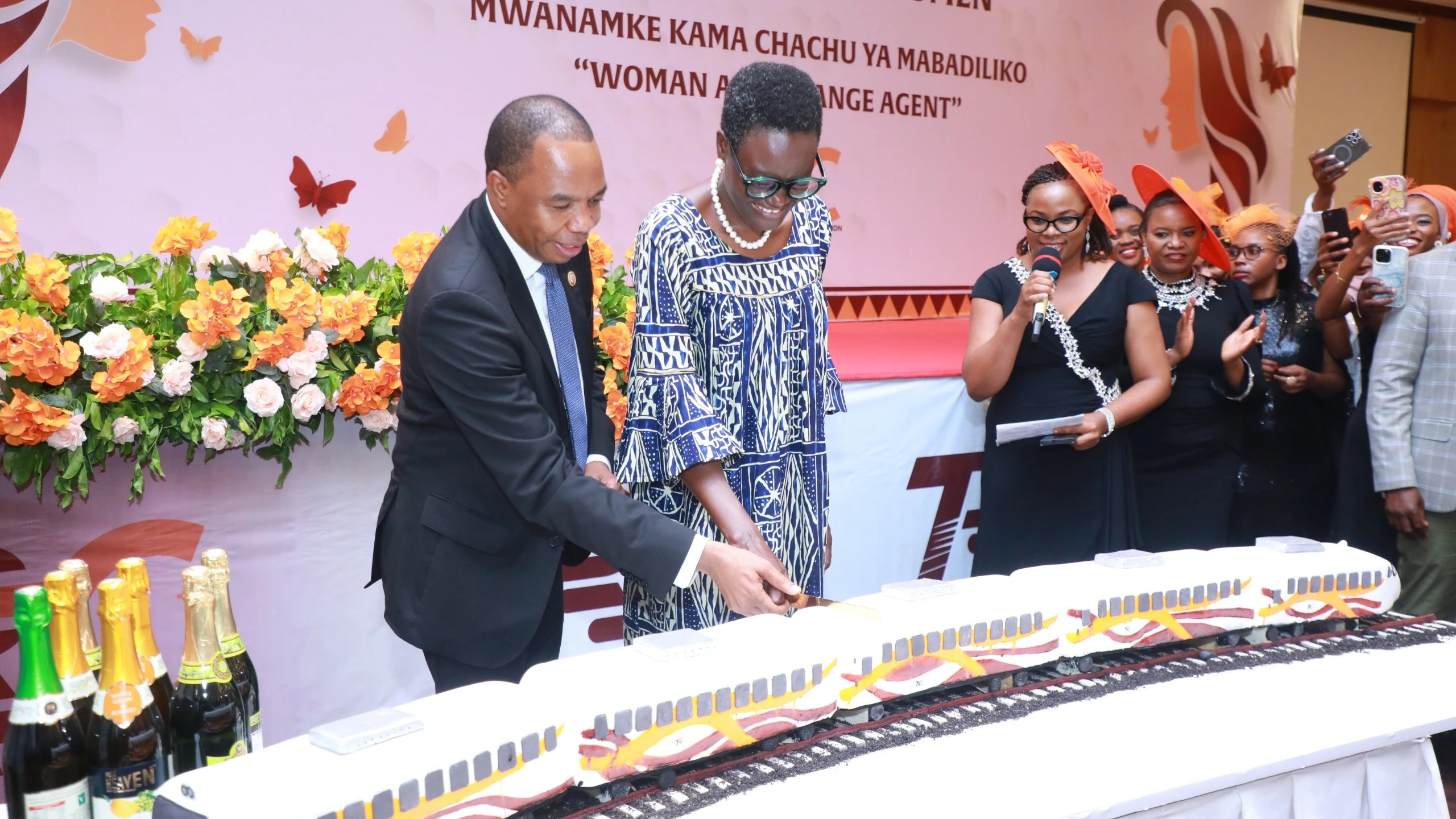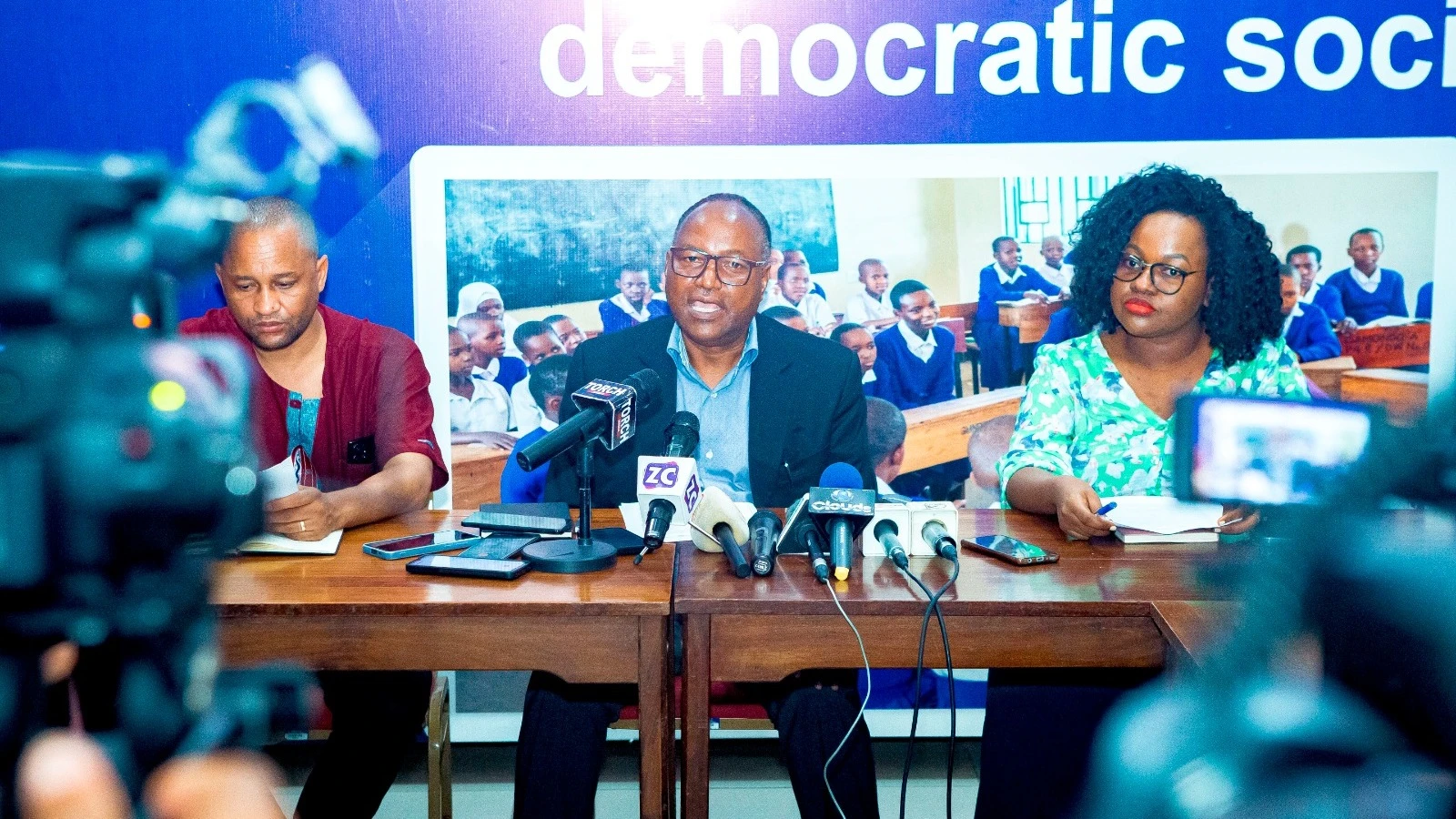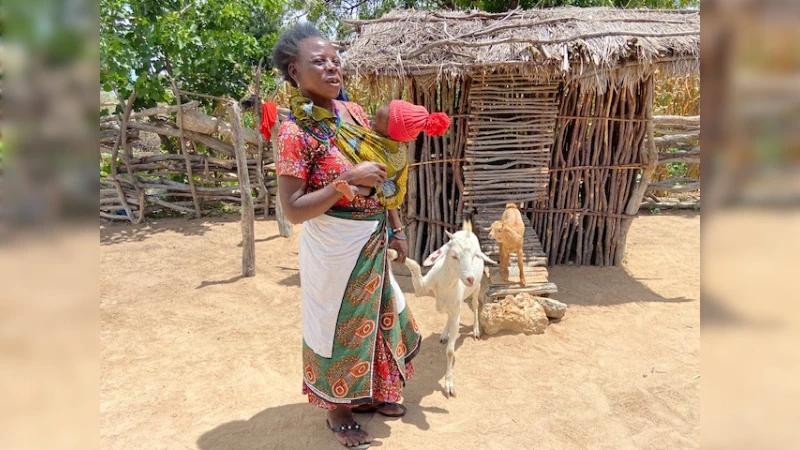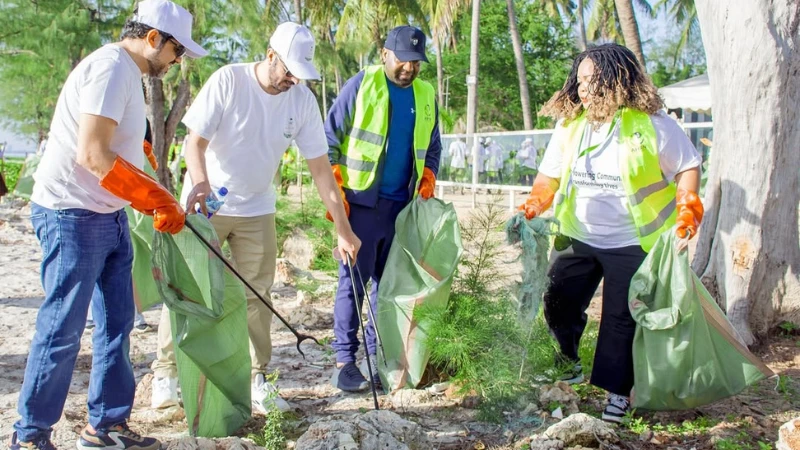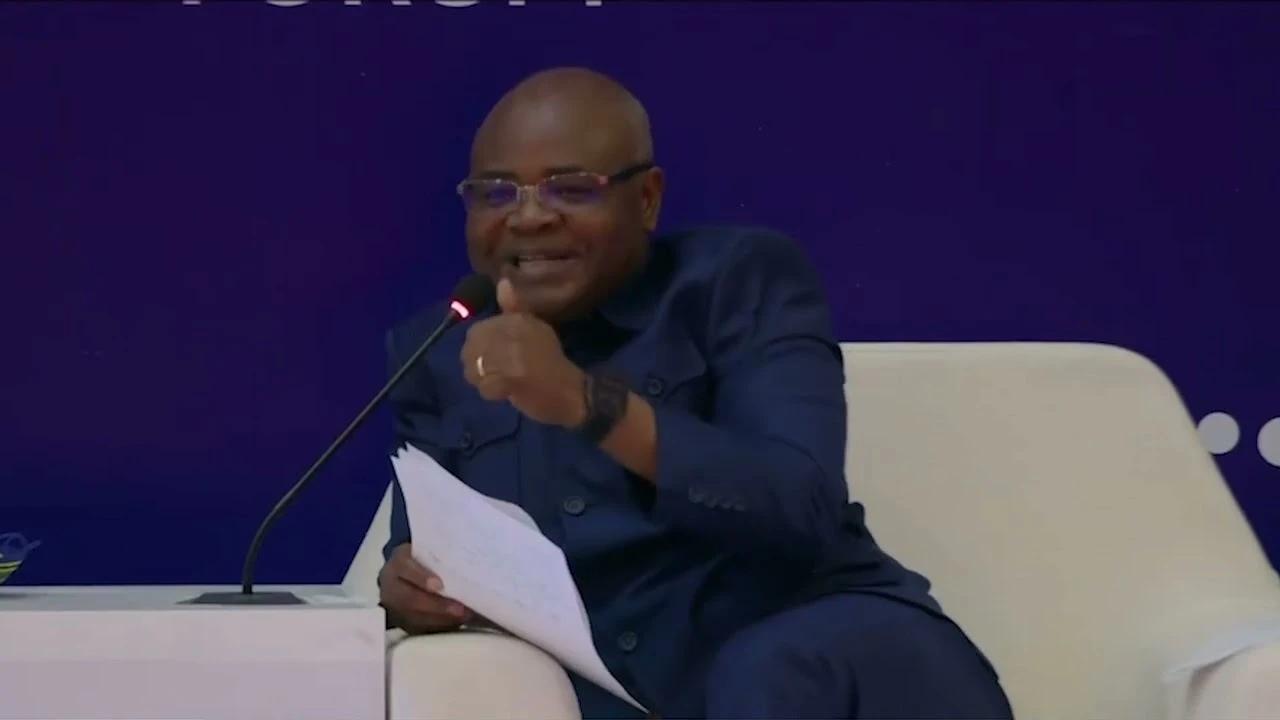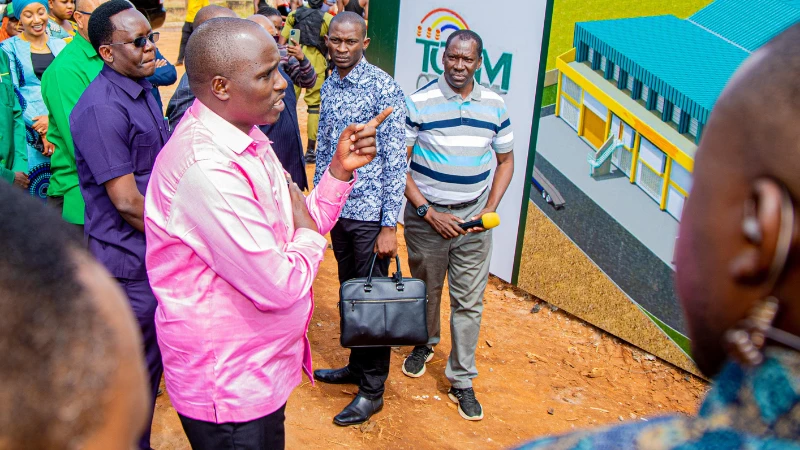HakiElimu proposes 15 pc of national budget to revitalize education sector
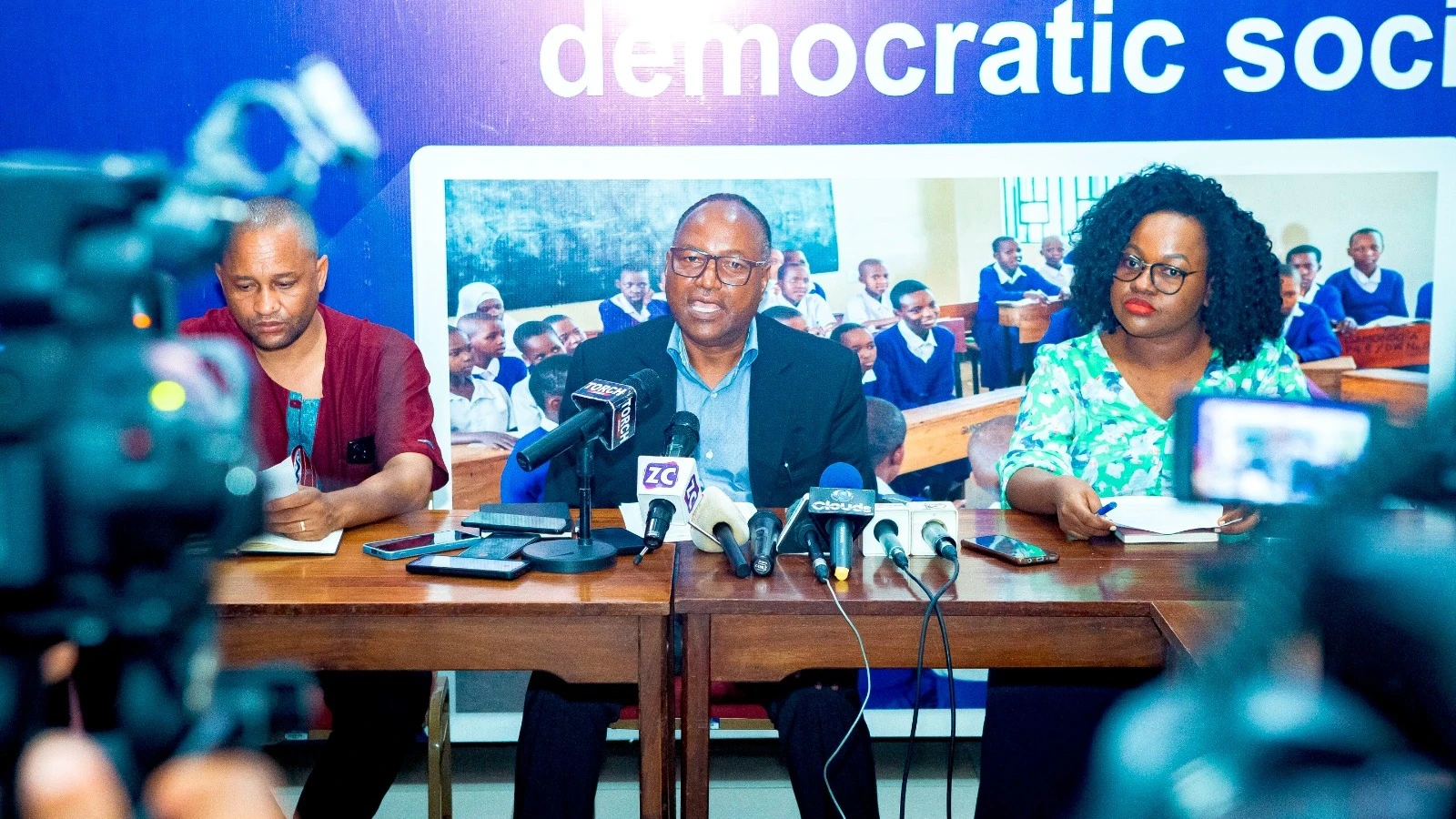
HAKIELIMU has urged the government to significantly scale up its education funding in the 2025/26 fiscal year, calling for at least 15 percent of the national budget to be allocated to the sector.
Speaking at a press conference in Dar es Salaam today, HakiElimu Executive Director Dr. John Kalage outlined four critical proposals aimed at transforming Tanzania’s education landscape. His remarks come ahead of the national budget presentation for the education sector, set for mid-May.
Currently, education receives 6.17 trn/-—just 12.5 percent of the 2024/25 national budget. That’s below the 6.64 trn/- target outlined in the country’s Education Sector Development Plan III (ESDP III), and well short of international benchmarks, including the Incheon Declaration’s call for 15–20 percent budget allocation or 4–6 percent of GDP.
"With the upcoming budget expected to grow to 55.06 trn/-, HakiElimu is advocating for a minimum education allocation of 8.25 trillion shillings to close the gap and align with global commitments." he said.
Among the most pressing concerns is the country’s severe teacher deficit. A 2024 report from President's Office - Regional Administration and Local Government (PO-RALG), reveals Tanzania lacks nearly 269,000 teachers across all levels—ranging from pre-primary to secondary schools. Science and technical subjects are especially hard hit, with engineering science reporting over 80 percent vacancy.
He added: "To address this, HakiElimu recommends hiring at least 40,000 new teachers each year for the next five years, backed by a dedicated and ring-fenced education budget line."
Dr. Kalage also stressed the need for a more gender-sensitive approach to budgeting. He proposed increased capitation grants—raising the amount per primary pupil from 10,000/- to 25,000/-, and from 25,000/- to 50,000/- for each secondary student.
He suggested that 2,500/- per girl be specifically reserved for menstrual hygiene products, and called on the government to remove taxes on these items and regulate prices to make them accessible to all.
Tanzania’s inclusive education efforts are being undermined by a critical shortage of special needs teachers. In 2023, the country had just 1,137 SNE instructors serving over 87,000 students with disabilities—a ratio of 77 to 1, far above the ideal 10 to 1.
HakiElimu is calling for a fully funded five-year strategy to train and employ more special needs teachers, including professionals with sign language skills, to ensure no learner is left behind.
Top Headlines
© 2025 IPPMEDIA.COM. ALL RIGHTS RESERVED








